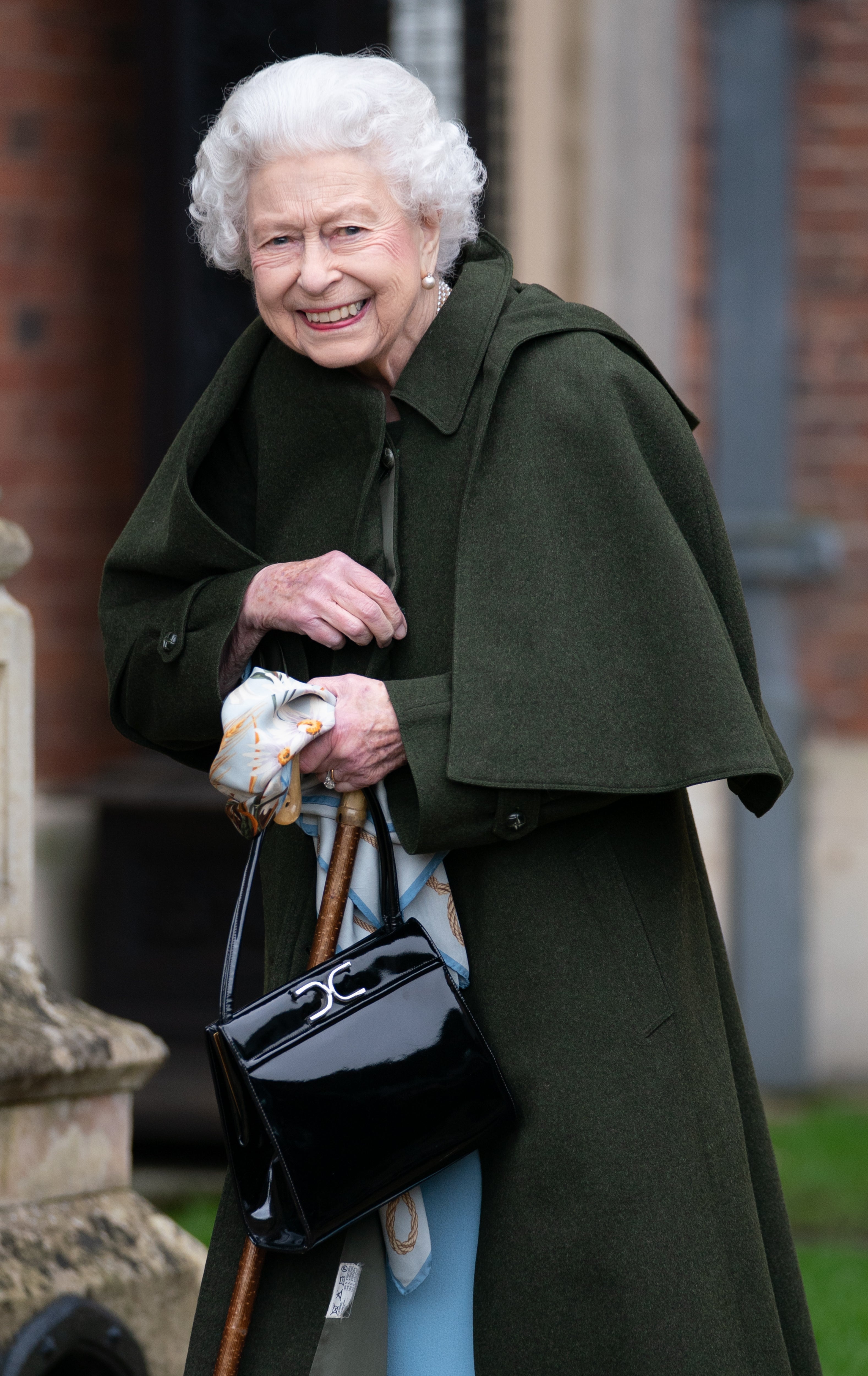Queen could be given newly approved anti-viral drugs after positive Covid test
The 95-year-old monarch was said to be experiencing ‘mild’ cold-like symptoms.

Your support helps us to tell the story
From reproductive rights to climate change to Big Tech, The Independent is on the ground when the story is developing. Whether it's investigating the financials of Elon Musk's pro-Trump PAC or producing our latest documentary, 'The A Word', which shines a light on the American women fighting for reproductive rights, we know how important it is to parse out the facts from the messaging.
At such a critical moment in US history, we need reporters on the ground. Your donation allows us to keep sending journalists to speak to both sides of the story.
The Independent is trusted by Americans across the entire political spectrum. And unlike many other quality news outlets, we choose not to lock Americans out of our reporting and analysis with paywalls. We believe quality journalism should be available to everyone, paid for by those who can afford it.
Your support makes all the difference.The Queen could be given recently approved anti-viral drugs after testing positive for Covid-19.
The 95-year-old monarch was said to be experiencing “mild” cold-like symptoms after receiving a positive test result on Sunday.
It is expected she will engage in “light duties” and will be looked after at Windsor Castle by the Medical Household, medical staff who are part of the Royal Household, headed by Professor Sir Hugh Thomas.
While it is understood she has been fully vaccinated, including a booster jab, which affords a high degree of protection against severe infection, the Queen could be prescribed one or more of a number of anti-viral medications designed to protect the most vulnerable.
Professor Paul Hunter, an infectious disease expert at the University of East Anglia, said someone in their 90s would be at increased risk of severe disease compared to younger people, even if they have been triple vaccinated.
Nearly all severe Covid infections begin with mild symptoms, he explained.
Prof Hunter told the PA news agency: “With somebody in their mid-90s, even if they’re triple vaccinated you are concerned that they could gradually deteriorate over coming days and so you would need to keep a very careful eye on them.
“You would, I think, almost certainly be considering giving anti-viral drugs, of which there are a number around at the moment.”
He added: “If you do get them early enough it does reduce the risk of severe disease developing so I would imagine any doctor for a patient in their 90s would be considering giving these antivirals out.”
The drugs include Ronapreve, approved in August 2021, which contains types of proteins called “monoclonal antibodies”, and has been shown to reduce the risk of hospital admission or death by 70% in those with mild to moderate Covid-19.
Another option could be Molnupiravir, a medicine approved in November 2021, which clinical trials suggests reduces the risk of hospital admission or death by 30%.
Royal physicians may choose to prescribe Paxlovid, developed by Pfizer and approved by the UK medicines watchdog in December 2021, which has been shown to be around 90% effective in preventing the need for hospital admission.
Other drugs, Prof Hunter said, included other antivirals, Sotovimab, Remdesivir and Dexamethasone.
He added: “Those drugs need to be given quite early, within three days for them to have the best impact with the exception of Dexamethasone.”
The Queen’s diagnosis comes as the Government plans to lift all remaining Covid restrictions, including the legal requirement for people who test positive for Covid to self-isolate, in the coming days.